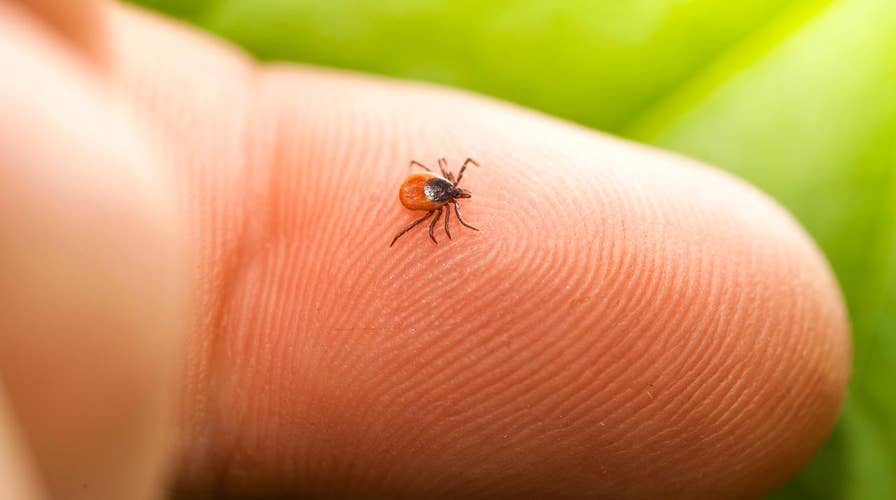What is Powassan disease?
A rare and life-threatening tick-borne virus is worrying doctors. What is Powassan disease and how can you keep yourself safe?
The family of a New York man is speaking out a month after his death to warn about Powassan virus, a potentially deadly tick-borne illness that has had health officials in Maine on the lookout. Charles Smith, of Gansevoort, New York, had found the tick under the skin of his elbow on April 28, WNYT reported.
The avid fisherman, who had survived a heart attack that robbed him of his sight in one eye and the amputation of both his right leg and part of his left foot, wasn’t concerned about the tick.
POWASSAN VIRUS: POTENTIALLY FATAL TICK DISEASE THAT CAN BE TRANSMITTED IN MINUTES REPORTED IN MAINE
“He said it’s nothing to worry about, no bulls eye it’s an atypical tick bite because it didn’t measure 5 centimeters,” Stephanie Smith, his daughter, told WNYT.
But 10 days later, Smith started suffering from a fever and the chills. Test results at Glens Falls Hospitals came back negative for Lyme, and he was diagnosed with an enlarged kidney. During an operation to insert a stent, Smith became paralyzed from the neck down, WNYT reported.
Subsequent testing revealed Powassan virus, but it took more than a month after Smith’s death for the New York State Department of Health to confirm the case.
In Maine, health officials confirmed two new cases of the virus this year, bringing the state’s total count since 2000 to nine. The virus differs from Lyme in that it can be transferred from tick to human in a matter of minutes, with symptoms also striking more severely. The virus can quickly reach a patient’s brain, leaving them susceptible to long-term neurological damage.
EXACTLY WHAT TO DO IF YOU GET A TICK BITE
“He was pretty much gone, the bus was being driven but we didn’t know where the bus driver was,” Stephanie told WNYT.
In 10-15 percent of cases, the virus proves fatal.
“If you catch Lyme early, antibiotics can eradicate it,” Dr. Kent Holtorf, a Lyme disease expert and medical director of Holtorf Medical Group, previously told Fox News. “But with a virus, you have much less options to do anything about it.”
Patients who are most likely to be symptomatic are those who are immunosuppressed or who have previously contracted illnesses like West Nile, Dengue or Lyme.

